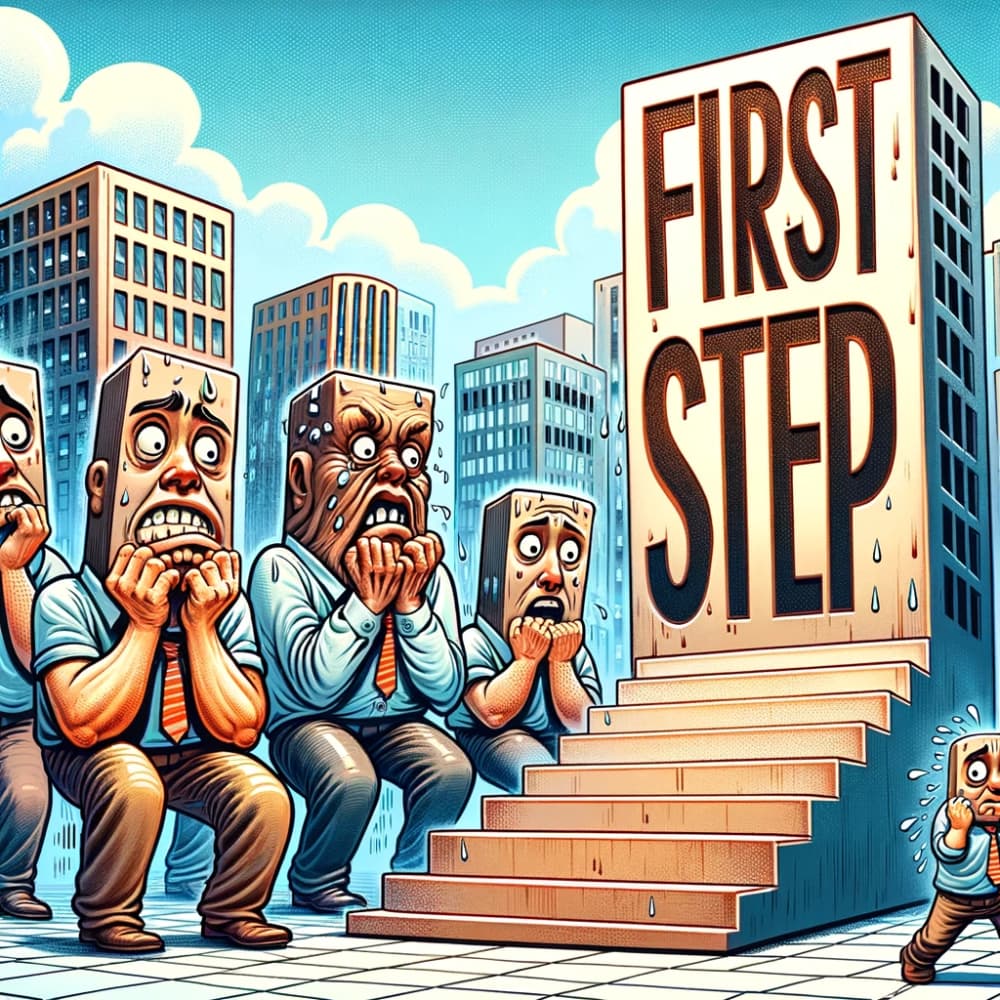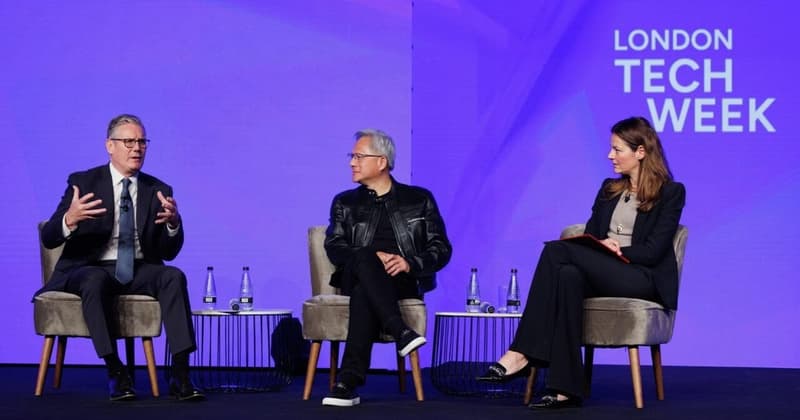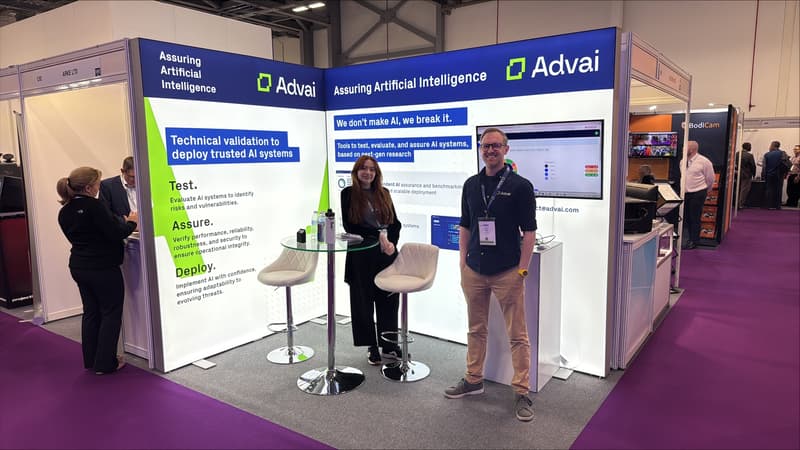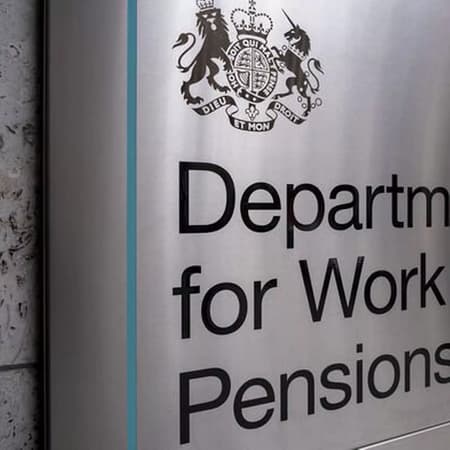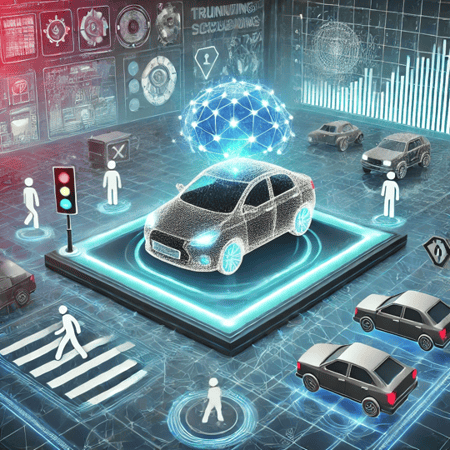Let the regulatory driven transformation commence.
This article was originally published on LinkedIn: The AI Act-ually Happening | LinkedIn
The EU has approved ‘The AI Act’, the draft of which was finalised in June this year. (We originally wrote about the draft release here.)
As you probably know, it categorises AI risk based on impact, where:
- some use cases are banned (good for national security, ethical concerns, and privacy),
- others remain largely unregulated (good for innovation and widespread AI adoption of harmless applications)
- and some are subject to intense scrutiny.
Much of the regulation comes down to ‘Human Centricity’ – protecting human rights and prioritising an understanding of the impact AI models will have in its deployed context.
- Predicting stock inventory levels – GOOD.
- Manipulating elections – BAD.
- Optimising learning journeys – GOOD.
- Social credit scoring systems – BAD.
It’s sensible.

